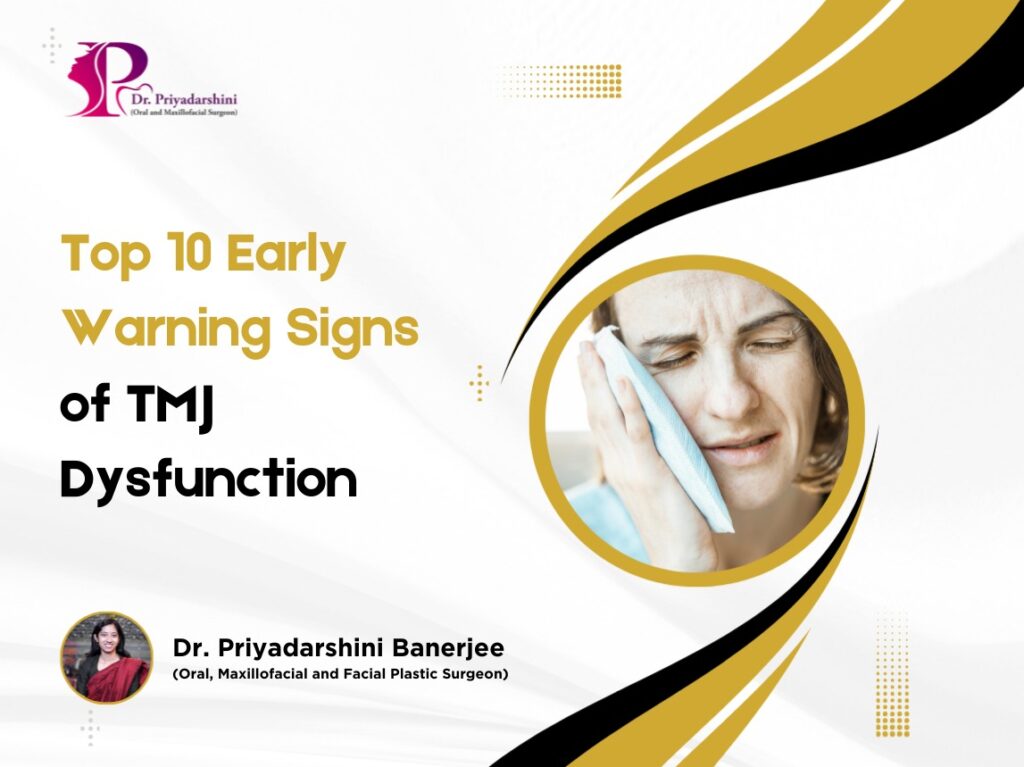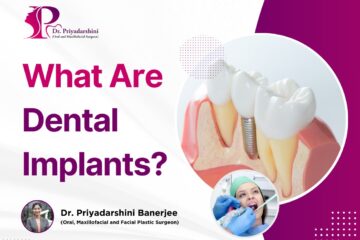Top 10 Early Warning Signs of TMJ Dysfunction
Temporomandibular Joint (TMJ) dysfunction is a condition that affects the jaw joint and surrounding muscles. Many people dismiss the early warning signs as minor discomfort, but ignoring them can lead to chronic pain and serious complications. If you’ve been experiencing unusual jaw symptoms, recognizing them early can help you seek timely treatment.
In this blog, we’ll explore the top 10 early warning signs of TMJ dysfunction, their impact on daily life, and why early diagnosis matters.

1. Jaw Pain or Tenderness
Persistent pain in the jaw—especially near the ears—can be one of the first signs of TMJ dysfunction. The pain may be mild at first but can worsen with activities like chewing, speaking, or yawning.
2. Clicking, Popping, or Grinding Sounds
Hearing clicking or popping noises when opening or closing your mouth is a classic TMJ symptom. While occasional sounds may be harmless, frequent or painful clicking is a red flag.
3. Difficulty Opening or Closing the Mouth
If you notice your jaw locking or struggling to open fully, this could indicate TMJ dysfunction. This stiffness may limit daily activities such as eating or speaking comfortably.
4. Headaches or Migraines
TMJ dysfunction often causes tension headaches or even migraines. Pain typically starts at the temples or around the jaw and may spread to the neck and shoulders.
5. Ear Pain or Ringing (Tinnitus)
Because the TMJ is located near the ear canal, dysfunction can lead to earaches, a feeling of fullness in the ears, or ringing sounds. Many patients mistake this for an ear infection.
6. Facial Pain or Pressure
TMJ problems can cause unexplained pain in the cheeks, temples, or around the eyes. This may feel like sinus pressure but is often related to jaw tension.
7. Tooth Pain or Sensitivity
Jaw misalignment and teeth grinding (bruxism) linked to TMJ dysfunction can make your teeth feel sore or sensitive. In some cases, dental wear and tear may appear.
8. Neck and Shoulder Pain
Because TMJ dysfunction affects muscles beyond the jaw, many people experience stiffness or pain in the neck and shoulders. Poor posture can worsen this symptom.
9. Changes in Bite Alignment
If your teeth suddenly don’t fit together properly, it may be due to TMJ dysfunction. A shifting bite can cause discomfort and make chewing difficult.
10. Swelling on the Side of the Face
Inflammation in the TMJ can sometimes lead to noticeable swelling around the jawline or cheeks. This is often accompanied by tenderness and reduced jaw movement.
Why Early Detection of TMJ Dysfunction Matters
TMJ dysfunction can significantly affect your quality of life if left untreated. Early detection allows for easier, non-invasive treatments such as physical therapy, lifestyle changes, and dental interventions.
Ignoring the symptoms may lead to chronic jaw disorders, severe pain, or permanent joint damage.
When to See a Doctor
If you notice two or more of these warning signs, it’s best to consult a dentist, oral surgeon, or TMJ specialist. They can diagnose the issue and recommend an effective treatment plan.
Final Thoughts
TMJ dysfunction often starts with subtle symptoms that are easy to overlook. By paying attention to the early warning signs—such as jaw pain, clicking sounds, or frequent headaches—you can take proactive steps to protect your oral and overall health.
Don’t wait for the pain to worsen. Early action can help you restore comfort, prevent complications, and improve your quality of life.
Book an appointment today!
If you have any general or medical enquiry, feel free to contact us.



